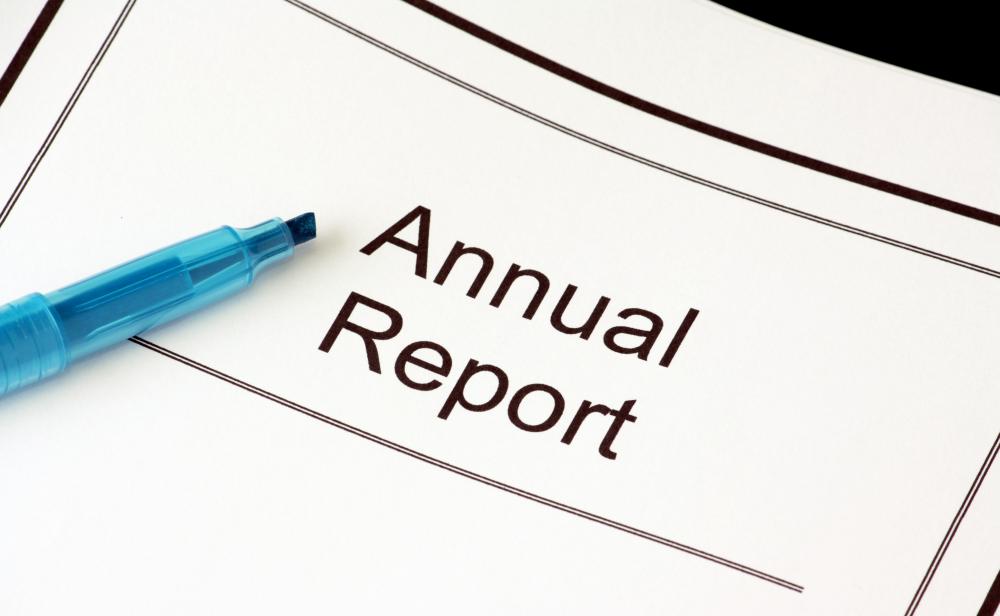At WiseGEEK, we're committed to delivering accurate, trustworthy information. Our expert-authored content is rigorously fact-checked and sourced from credible authorities. Discover how we uphold the highest standards in providing you with reliable knowledge.
What Is an FDI Stock?
FDI stock is a measure of foreign direct investment, capital and reserves that originate in one country and migrate to another for investment purposes. The amount of foreign direct investment in a country can provide important information about economic health and confidence. Nations typically track their FDI levels closely and may include this information in annual reports discussing their economic health and projections for the future.
Inward FDI stock is stock in a nation that comes from other places; funds from the United States that migrate to Germany are an example of inward stock. Every nation tracks its level of inward FDI stock and may express it as a percentage of gross domestic product (GDP) to provide a complete picture of the origins of capital and reserves. In a nation with a highly active economy, foreign direct investment may be very high, as the nation has substantial economic potential and investors want a chance to access new opportunities like companies that are just starting to grow.

Outward FDI stock is a measure of how much foreign direct investment a nation engages in. Sweden, for example, can measure how much money its companies and governments invest overseas, and may break this down into more statistics about where that money goes. High outward FDI activity can be a sign of economic growth that indicates companies are large enough to turn their investment activities beyond national borders.
Developing countries tend to have lower FDI stock, as they have less money available to invest overseas, and there is less interest in foreign direct investment from other nations. These nations may chart their rates as part of the process of applying for financial assistance or attempting to promote foreign investment activities. Foreign investors tend to be more confident when they see other countries investing, and they can create a snowball effect of investment that causes FDI stock to rise rapidly.
Members of the public as well as investors who have an interest in FDI stock can examine national reports generated for the purpose of documenting economic welfare. These reports are typically available through government offices as well as information databases maintained by international organizations like the World Bank, and can often be found online. Detailed breakdowns can provide information about where money is going and coming from, and will show the sectors with the most growth in a given year, as well as document areas of weakness in the economy.
AS FEATURED ON:
AS FEATURED ON:











Discuss this Article
Post your comments